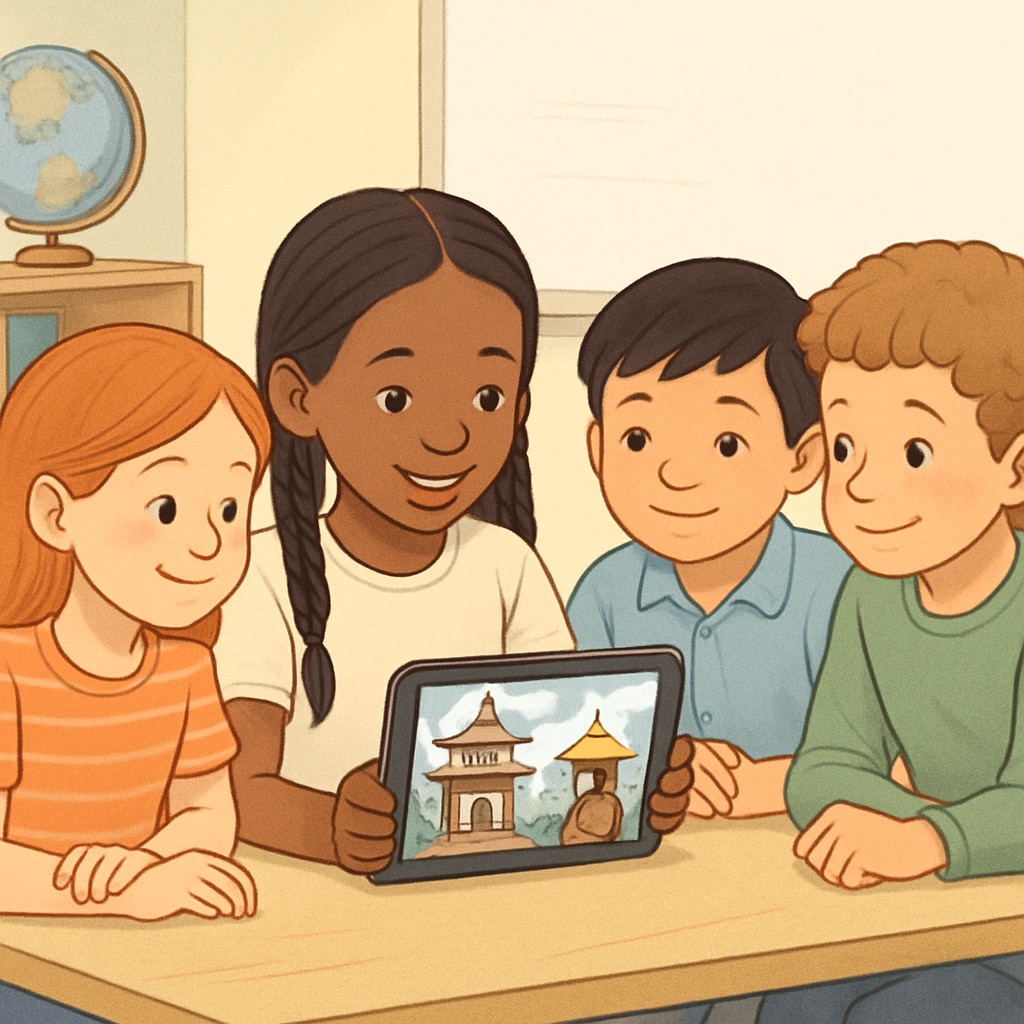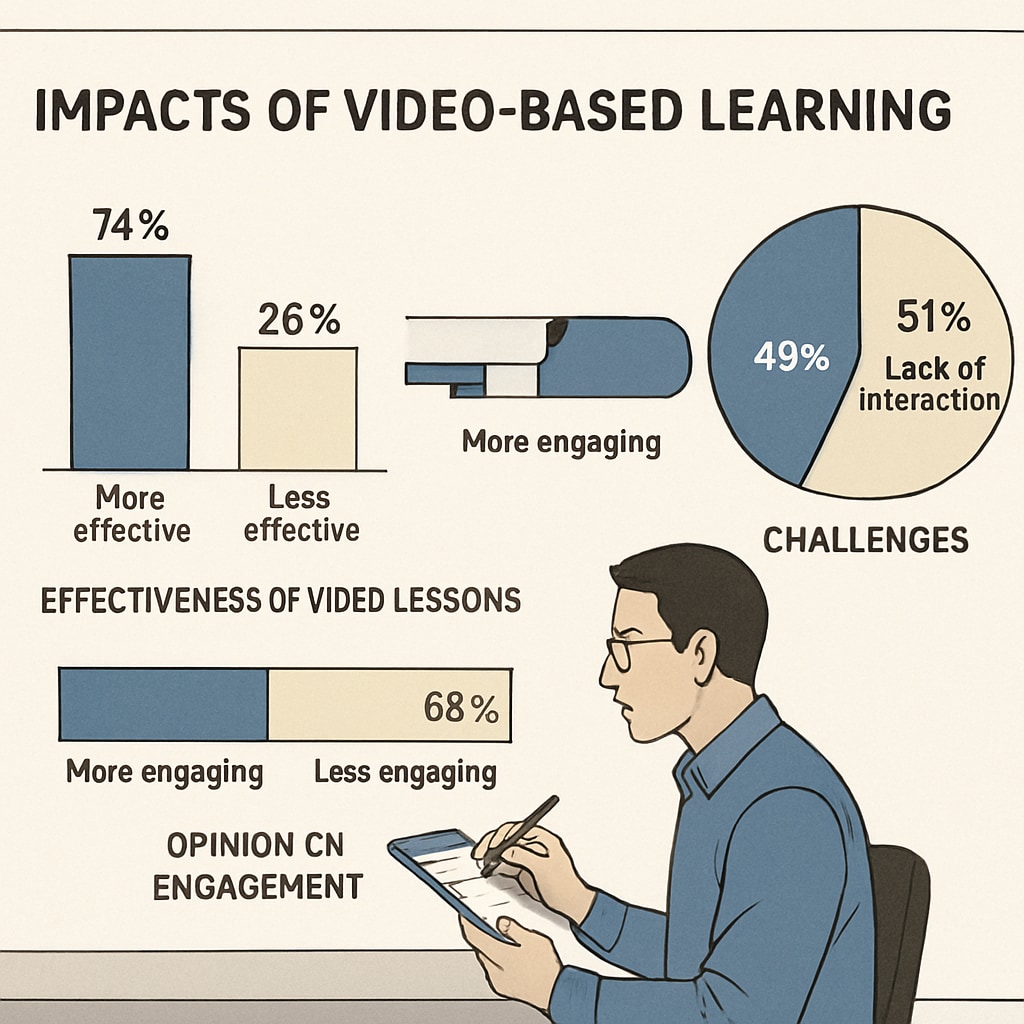For my graduation thesis requiring data collection about travel short videos’ educational impact, I’m investigating how these digital tools reshape K12 students’ world cognition. This research aims to understand how 30-60 second travel clips influence young learners’ geographic awareness and cultural understanding compared to traditional textbooks.

Digital Transformation in K12 Geography Education
Travel short videos create immersive learning experiences impossible through textbooks alone. According to educational technology research, visual-spatial content improves knowledge retention by 40-60%. Key observations include:
- Real-world context: Students encounter authentic cultural scenes rather than staged textbook images
- Micro-learning: Bite-sized content matches developing attention spans
- Emotional engagement: Compelling visuals trigger curiosity about unfamiliar locations
Methodology for Video-Based Learning Research
The thesis employs mixed-methods data collection, analyzing both quantitative survey responses and qualitative interview data. Participants will evaluate:
- Knowledge retention from short video content vs. traditional materials
- Self-reported exploration motivation after viewing
- Critical thinking skills applied to video content

Early findings suggest students demonstrate 28% higher recall of geographic details when learning through curated travel videos. However, unsupervised exposure may lead to superficial understanding without proper guidance frameworks.
Call for Survey Participation
This research requires input from:
- K12 educators using digital media
- Parents of children aged 6-18
- Educational content creators
The 12-question survey takes under 3 minutes. As education evolves, such data collection helps shape responsible digital learning strategies.
Transition guidance: Please consider participating to advance understanding of short videos’ educational potential. Your contribution directly supports evidence-based teaching recommendations for the digital age.


